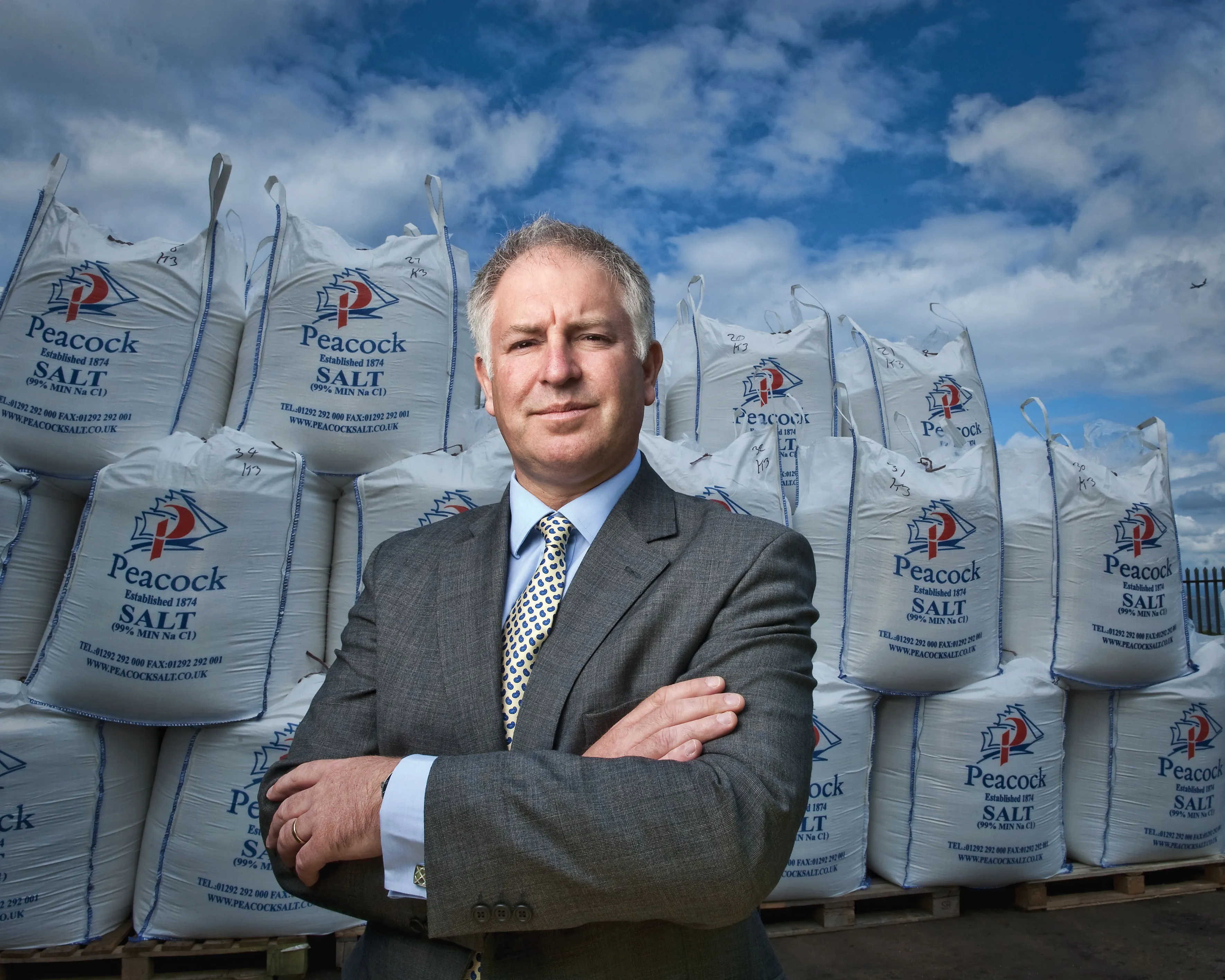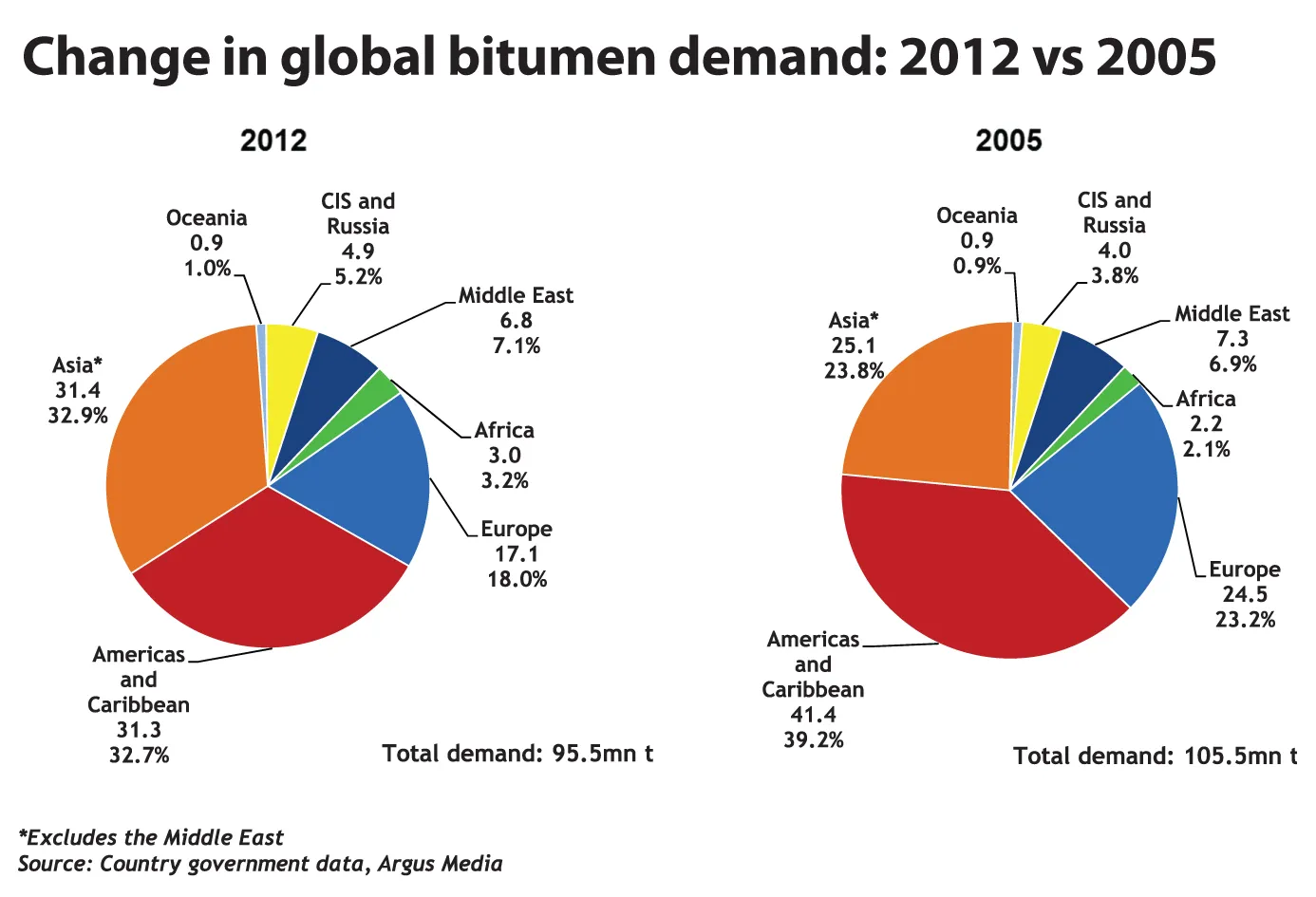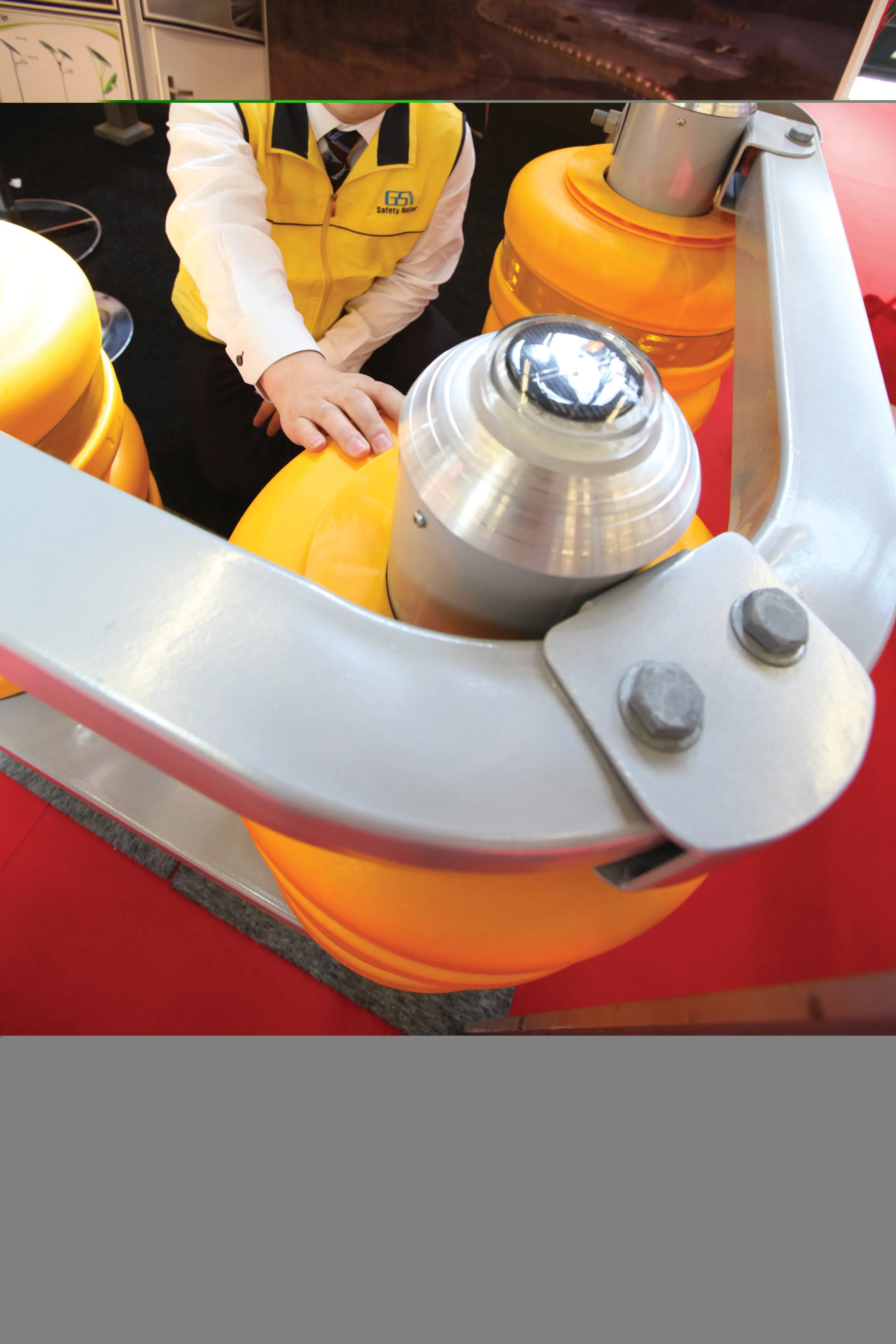PEACOCK SALT has secured a long-term agreement with Rio Tinto's Australian subsidiary Dampier Salt (DSL) to supply solar salt for the UK market.The agreement with the world’s largest salt exporter will see Ayr, Scotland-based Peacock importing in the region of 500,000tonnes of salt/year. Peacock says it currently controls 15% of the UK’s road salt market, supplying to a range of public and private sector clients. Director Angus Craig said the deal with Australia and UK-based Rio Tinto will secure the compan
May 30, 2012
Read time: 2 mins

The agreement with the world’s largest salt exporter will see Ayr, Scotland-based Peacock importing in the region of 500,000tonnes of salt/year.
Peacock says it currently controls 15% of the UK’s road salt market, supplying to a range of public and private sector clients.
Director Angus Craig said the deal with Australia and UK-based
“The business has experienced significant growth throughout the past few years,” he said. “Key to this growth has been the development of a strong international supply network which has given us the ability to meet the growing demand for salt products across the UK market place.”
Earlier this year local authorities in the UK battled to keep major highway routes clear as continued freezing temperatures led to a shortage in gritting salt. Authorities had to close minor routes and cut salt use in an attempt to preserve dwindling supplies.
Craig believes that proper planning will help to prevent the UK being caught out by the freak winter conditions.
“The sustained winter period led to an unprecedented level of demand for salt. Our transport networks were under significant pressure and local and central government received severe criticism for failing to plan properly for the freezing conditions.”







